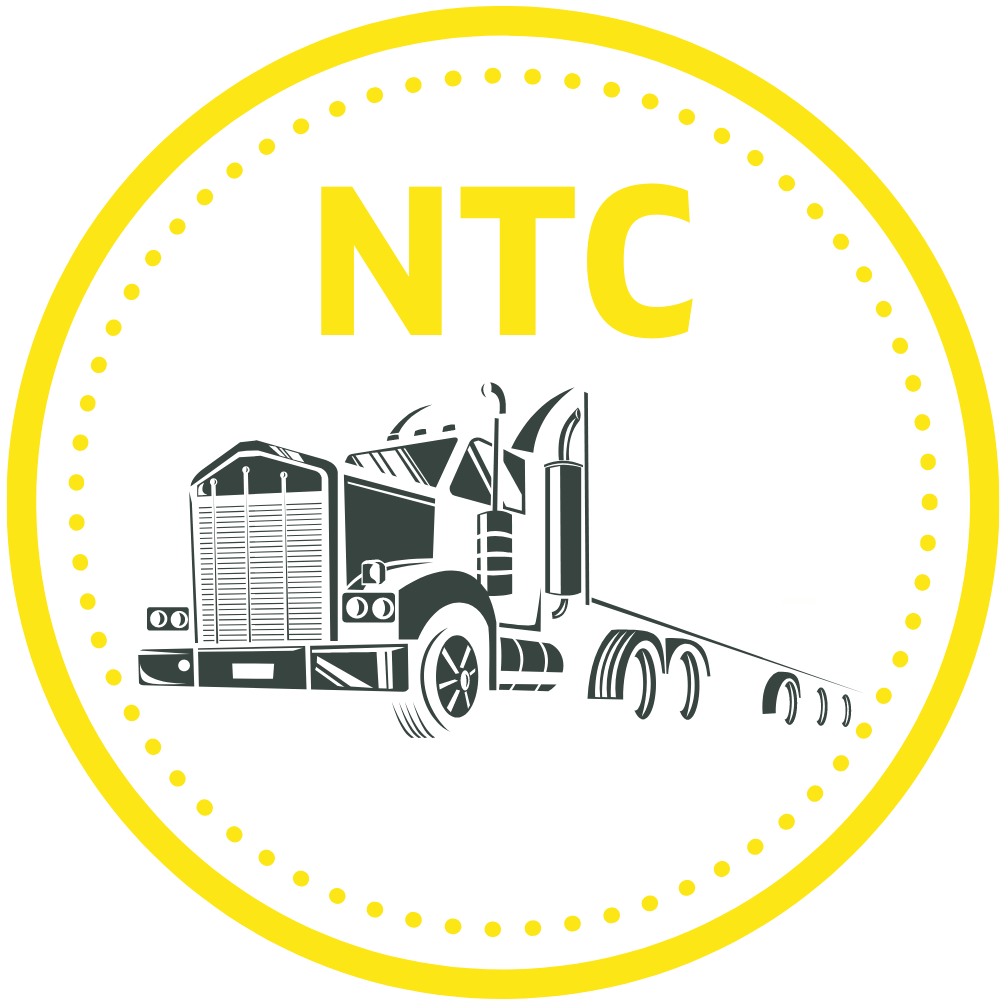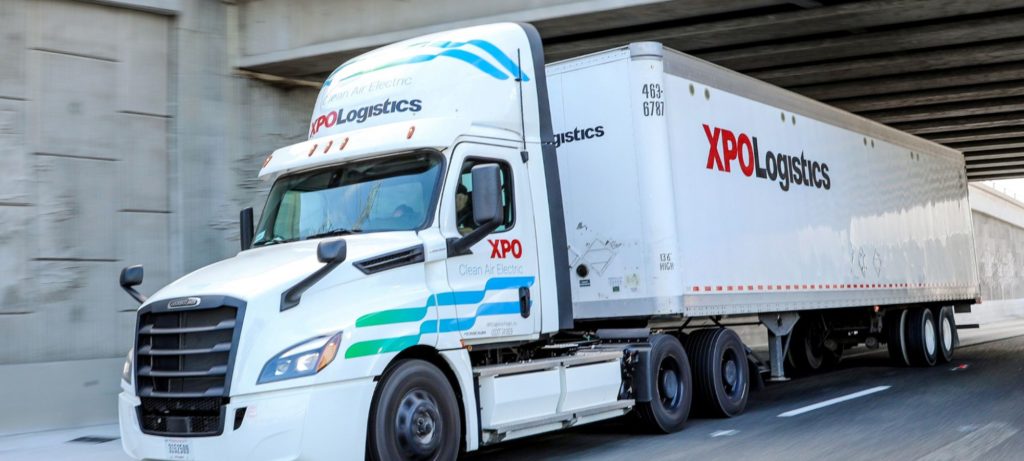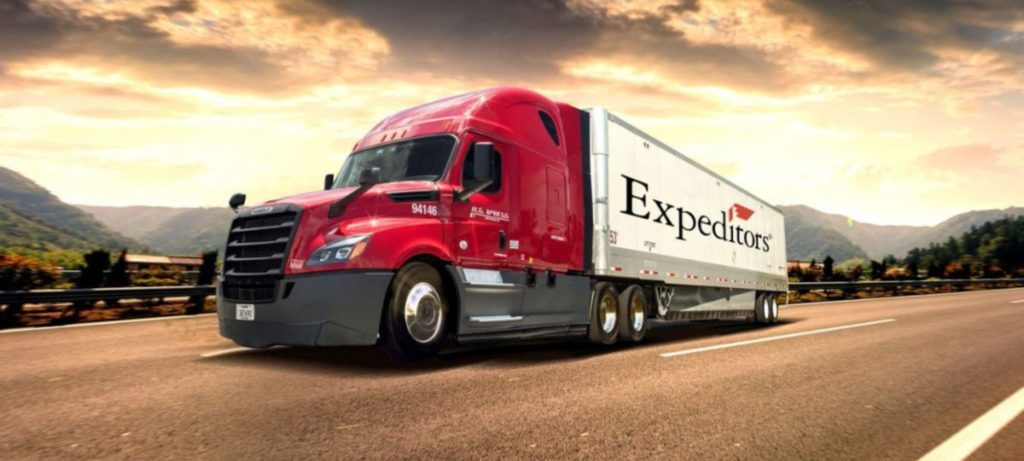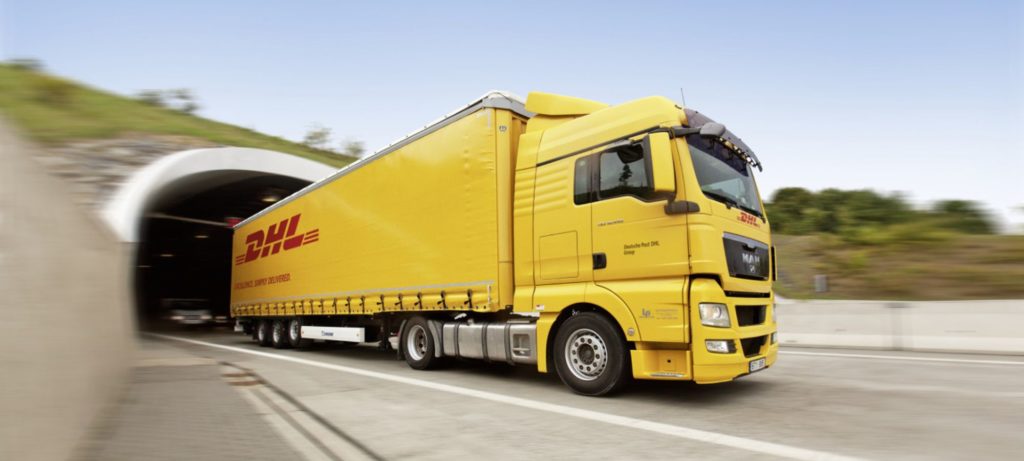Uber, the ride-hailing giant, expanded its business horizons to include freight shipping services with the launch of Uber Freight in 2017. Uber Freight is a logistics platform that matches shippers with carriers to move goods across the United States. The company claims to provide reliable and flexible capacity options for shippers and help carriers optimize their operations. However, given the safety hazards that trucks can pose on the road, it is important to know the types of vehicles in the Uber Freight Fleet, their safety history, and maintenance practices.
Does Uber Freight own its own Trucks?
Unlike Uber’s ride-hailing business, Uber Freight does not own its own trucks. Instead, the company contracts with carriers, who are responsible for owning and operating their own vehicles. These carriers can range from independent owner-operators to small and large fleets. By working with a range of carriers, Uber Freight can offer a variety of capacity options to shippers.
Uber Freight Fleet Size
As of February 2023, Uber Freight has not disclosed the exact size of its fleet, but the company claims to have thousands of carriers in its network. The fleet consists of a mix of vehicles, including tractor-trailers, semi-trucks, and vans.
Types of Vehicles in the Fleet
The types of vehicles in Uber Freight’s fleet depend on the needs of the shippers and carriers. According to the company, carriers in its network use a variety of equipment, from dry vans to flatbeds to refrigerated trailers. However, there is no publicly available information on the exact number of each type of vehicle in the fleet.
Uber Freight Safety History
Like all vehicles on the road, trucks used by Uber Freight can pose safety hazards if not properly maintained and operated. While there are no reports of Uber Freight trucks causing accidents due to safety failures, there have been cases of Uber drivers getting into accidents. In fact, in 2018, a self-driving Uber car struck and killed a pedestrian in Tempe, Arizona. The incident led to a national conversation about the safety of self-driving technology and led to Uber’s suspension of its self-driving car program.
It is important to note that truck accidents can be catastrophic due to the size and weight of commercial trucks. If you or a loved one has been injured in a truck accident involving an Uber Freight vehicle, it is important to seek legal representation from a truck accident lawyer. They can help you navigate the complex legal and insurance processes and hold the responsible parties accountable for their negligence.
Vehicle Age and Maintenance Practices
It is unclear whether Uber Freight has a specific policy regarding the age of vehicles used by carriers in its network. However, carriers are required to meet federal regulations regarding safety, including regular maintenance and inspection of their vehicles. The Federal Motor Carrier Safety Administration (FMCSA) has specific regulations for carrier safety, including vehicle maintenance, driver qualifications, and hours of service.
While Uber Freight does not directly own or operate its own vehicles, it has a responsibility to ensure that carriers in its network are adhering to federal regulations and company policies. In case of an accident, it is important to investigate whether the carrier involved was in compliance with safety regulations and whether Uber Freight had any knowledge of safety violations.
Uber Freight is a logistics platform that connects shippers with carriers to move goods across the United States. The company does not own its own trucks but contracts with carriers that use a variety of vehicles, including tractor-trailers, semi-trucks, and vans. While there is no publicly available information on the exact size and composition of Uber Freight’s fleet, carriers in its network must comply with federal regulations regarding safety, including regular maintenance and inspection of their vehicles.
It is crucial to recognize that truck accidents can be catastrophic, and retaining an experienced attorney in case of an accident involving an Uber Freight vehicle is essential. While there have been no reports of Uber Freight trucks causing accidents due to safety failures, it is still important to monitor the safety practices of carriers in the company’s network.
What to do if you were injured
When it comes to truck accidents, victims often face an uphill battle to recover compensation for their injuries and damages. Trucking firms typically have a team of experienced attorneys who will work tirelessly to protect the company’s interests and minimize their liability. As a result, victims are often left to navigate the complex legal system alone, which can be overwhelming and intimidating.
That’s why it is crucial for victims of truck accidents involving an Uber Freight vehicle to retain an experienced truck accident lawyer. These attorneys have the knowledge and expertise necessary to navigate the complex legal system and advocate for their clients’ rights. They can help victims understand their legal options, gather evidence to support their case, and negotiate with insurance companies and opposing counsel to ensure that victims receive the compensation they deserve.
One of the key benefits of working with an experienced truck accident lawyer is that they understand the nuances of the trucking industry and the federal regulations that govern it. This knowledge is crucial when dealing with trucking firm attorneys, as it allows the victim’s lawyer to identify potential safety violations and hold the responsible parties accountable. Additionally, a truck accident lawyer can help victims recover compensation for a range of damages, including medical expenses, lost wages, pain and suffering, and more.
Retaining an experienced truck accident lawyer is crucial for victims of truck accidents involving an Uber Freight vehicle. These attorneys have the knowledge and expertise necessary to navigate the complex legal system and advocate for their clients’ rights. By working with a truck accident lawyer, victims can ensure that they receive the compensation they deserve and hold the responsible parties accountable for their negligence.
Understanding the types of vehicles used by Uber Freight and their safety history and maintenance practices is important for anyone who shares the road with commercial trucks. By taking a closer look at the company’s business model and federal regulations, we can better understand the potential risks associated with Uber Freight’s operations and work to ensure the safety of all drivers on the road.
Transparency is key to building trust in any industry, and the trucking industry is no exception. As Uber Freight continues to expand its business, it is important for the company to provide more information about its safety practices, including the maintenance and inspection practices of carriers in its network. By doing so, Uber Freight can demonstrate its commitment to safety and build a strong reputation in the industry. In addition, customers can make more informed decisions about the carriers they choose to work with, and all parties involved can work together to keep our roads safe.
Ultimately, while there may be some safety concerns surrounding the use of commercial trucks on the road, it is important to remember that the transportation of goods is an essential part of our economy and daily lives. By working together to ensure that all vehicles are properly maintained and operated, we can help minimize the risks associated with trucking and keep our roads safe for everyone.
Conclusion
Uber Freight is a logistics platform that provides a range of capacity options for shippers and carriers across the United States. While the company does not own its own trucks, it contracts with carriers that use a variety of vehicles, including tractor-trailers, semi-trucks, and vans. While there have been no reports of Uber Freight trucks causing accidents due to safety failures, it is important to remain vigilant about the safety practices of carriers in the company’s network. By doing so, we can help ensure the safety of all drivers on the road and continue to support the transportation of goods across the country.




